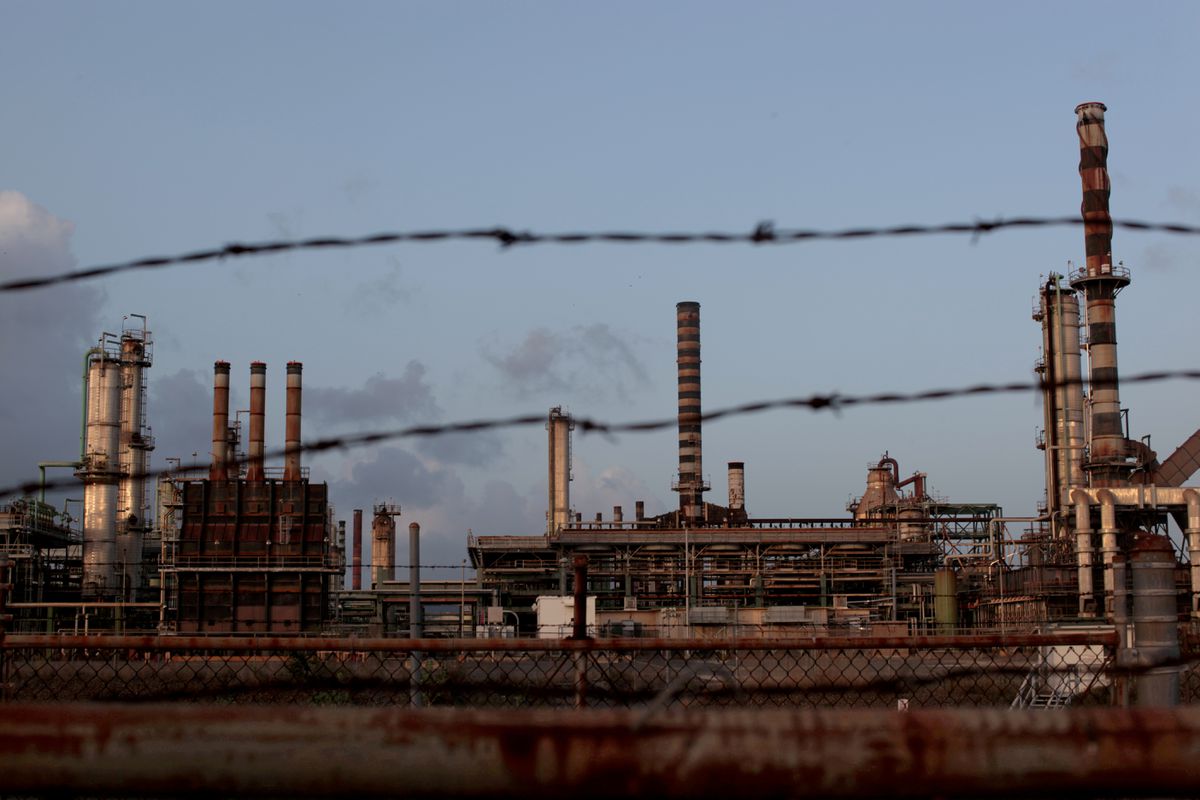Limetree Bay refinery’s toxic fumes force schools to close again
Three St. Croix schools in the U.S. Virgin Islands sent their students home on Thursday following a “noxious” odor from the island’s major oil refinery that was affecting the air quality on the campuses. This was the second time in a month that the schools were forced to suspend classes.
In a Reuters report on Thursday, the company that runs Limetree Bay refinery, together with the U.S. Virgin Islands Department of Education, said that the refinery is releasing “light hydrocarbon odors” because of the maintenance that is being conducted on its coker unit.
A coker unit, or simply a coker, is responsible for the conversion of residual oil called bottoms from the vacuum distillation column into higher-value products, which produces petroleum coke.
“We will continue to monitor the situation, but there is the potential for additional odors while maintenance continues,” the company said, apologizing for the impact on the local community.
The Limetree Bay refinery had been the source of noxious odors last month that caused some residents to feel sick.
On Wednesday, Limetree Bay had declared that their refinery units are “operating normally” and there was no activity that would have resulted in an odor, based on their preliminary investigations.
The refinery has also agreed to resume sulfur dioxide monitoring after getting a notice from the U.S. Environmental Protection Agency (EPA) that it was in violation of the Clean Air Act.
EPA also pointed out that the sulfur dioxide from the refinery prompted local school closures after students and staff reported “feeling sick.” Short-term exposures to elevated levels of sulfur dioxide can be dangerous to the human respiratory system.
In October last year, Limetree Bay refinery’s operation was threatened by the British multinational oil and gas company BP, following the series of delays in the renovations of the St. Croix oil facility. The refinery was almost deemed idle, and its status worsened due to the COVID-19 pandemic crushing refining margins for fuels across the globe.



